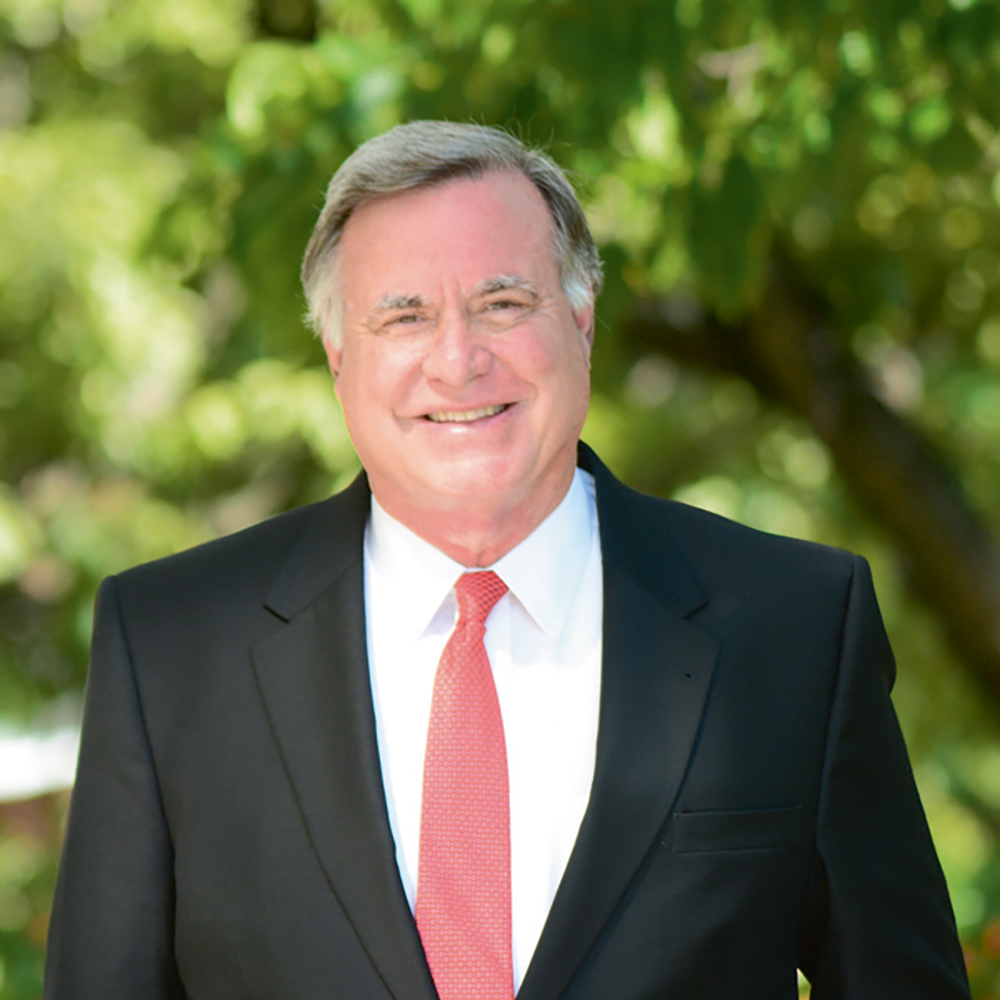BY STEVE FLOWERS
OPINION — In recent years, healthcare has eclipsed agriculture as Dothan’s major industry. Dothan is the medical mecca for the entire Wiregrass, as well as rural northwest Florida and southwest Georgia. It has premier medical professionals only matched by Birmingham in the state of Alabama. Dothan doctors dominate the economy in the world’s largest peanut producing locale.
One of the pioneers of this medical revolution was Dothan’s Dr. Furnie Johnston, who passed away a few weeks ago at 94 years old. Johnston brought specialized medicine to Dothan. He had just finished his residency at UAB and was practicing in Birmingham when the legendary Dr. Paul Flowers called Johnston to come home to the Wiregrass and practice with him. Furnie came home and became the first orthopedic surgeon in Dothan.
Furnie was born and raised in Brundidge in Pike County, a few miles north of Dothan. His father was the town pharmacist and a successful businessman. Coincidentally, in the neighboring Wiregrass City of Ozark, the most prominent pharmacist in the city had a beautiful daughter by the name of Jo Kirkland. Furnie of Brundidge and Jo of Ozark became sweethearts and married. They married and remained sweethearts for life. At the time of Furnie’s death on Oct. 9, they had been married for 75 years.
In September, Furnie knew he was close to passing away. He had gone to the hospital with terminal problems. He told the attending physician that he wanted to go home to be with his sweetheart.
Furnie and Jo Johnston had five children, two sons and three daughters. One of their sons, Jim, died in an automobile accident as a college student. Their son David Johnston is a prominent attorney in Dothan. David is generally considered the premier tax attorney in South Alabama. David and his father, Furnie, were very close. They each considered the other to be their best friend besides being father and son. David, like his father, married an Ozark girl, Maurine Matthews.
The three daughters, Carole, Linda and Laura, are all beautiful and successful with children and grandchildren. All three girls were with Furnie when he passed away peacefully at home. They all called him “Papa.” His family affectionally referred to him as “the great white bear.” He loved his family fiercely and was a devout Christian father, grandfather and great grandfather.
Little did his family in Brundidge know that when Furnie was born in their small town on June 17, 1929, in the heart of the Depression, that he would help transform medicine in their Wiregrass region. At that time, southeast Alabama was totally a peanut growing agricultural area.
Furnie, being a child of the Depression, was empathetic towards the life of rural Wiregrass folks. He began his practice before Medicare and Medicaid. Doctors were often not paid for their care and services. It was not unusual for Alabama doctors to be paid with chickens or vegetables from farmer’s gardens. However, the Wiregrass people have always been known as hard working and very honest and believed in paying their debts. So Furnie might find vegetables left on his doorstep for years on end by a farm family paying him off for fixing their broken arm.
He treated many a Wiregrass family without charge. He was especially generous and benevolent toward his native Pike County patients. Everyone from Ozark, Brundidge and Troy who had a fractured leg, arm or hip would journey down Hwy. 231 to Dothan to see Furnie. They would arrive with their broken limb and say, “I’m here to see Furnie Jr.” Furnie’s father was also named Furnie. So, the Brundidge patients would simply say, “I’m here to see Furnie Jr.,” while the Dothan patients would say, “I’m here to see Dr. Johnston.” Therefore, when the office manager heard, “Furnie Jr.,” they would say, “You are from Pike County, aren’t you?” The patient would nod and they would go on back to see the region’s bone specialist. Furnie would generally know their family and their roots. He instinctively knew whether they could pay and he would simply and quietly let his nurse know that they were not to be charged for their treatment. He treated all of his patients the same.
The passing of Furnie at age 94 marks the passing of an era. The days of two neighboring Wiregrass town pharmacists’ son and daughter marrying and having a large and prosperous family may be of a past era. However, the legacy of Furnie, as the first orthopedic surgeon in Dothan, remains. He will be remembered as the pioneer, who transformed Dothan from a peanut city to a medical city.
See you next week.
Steve Flowers is Alabama’s leading political columnist. His weekly column appears in over 60 Alabama newspapers. Flowers served 16 years in the state legislature. Flowers may be reached at: www.steveflowers.us.

